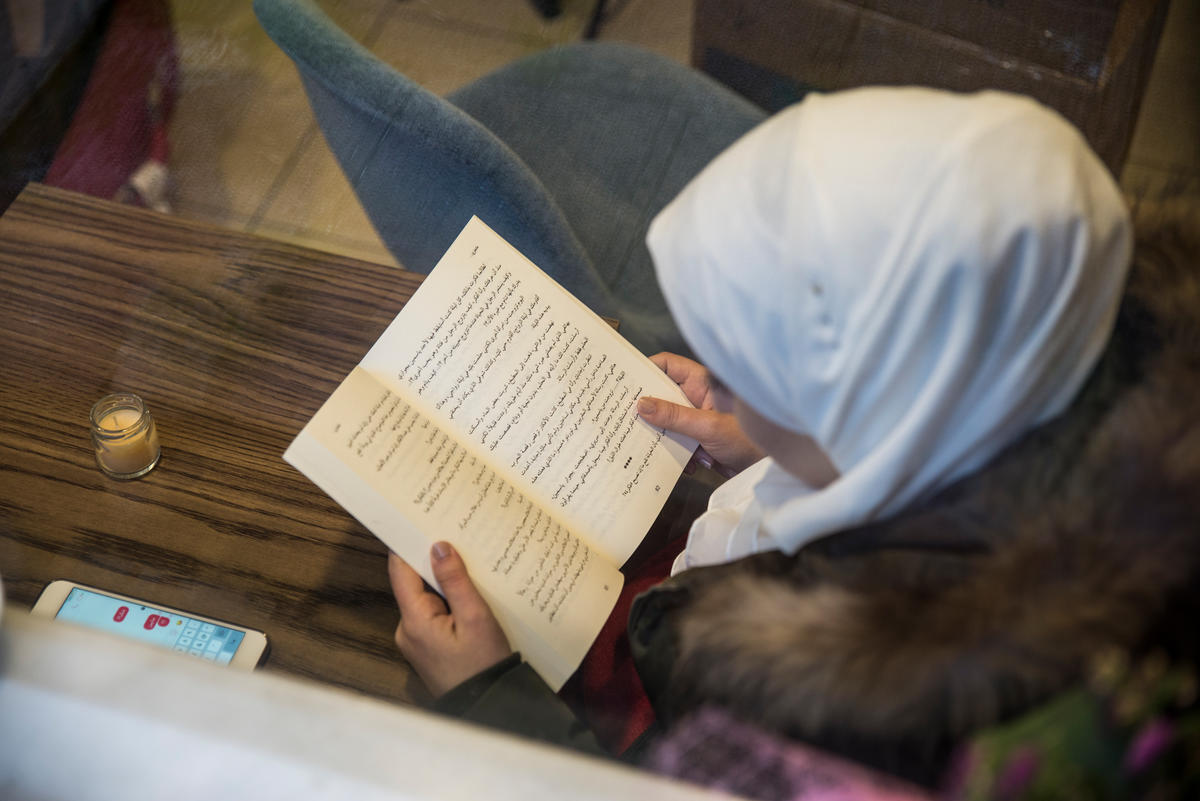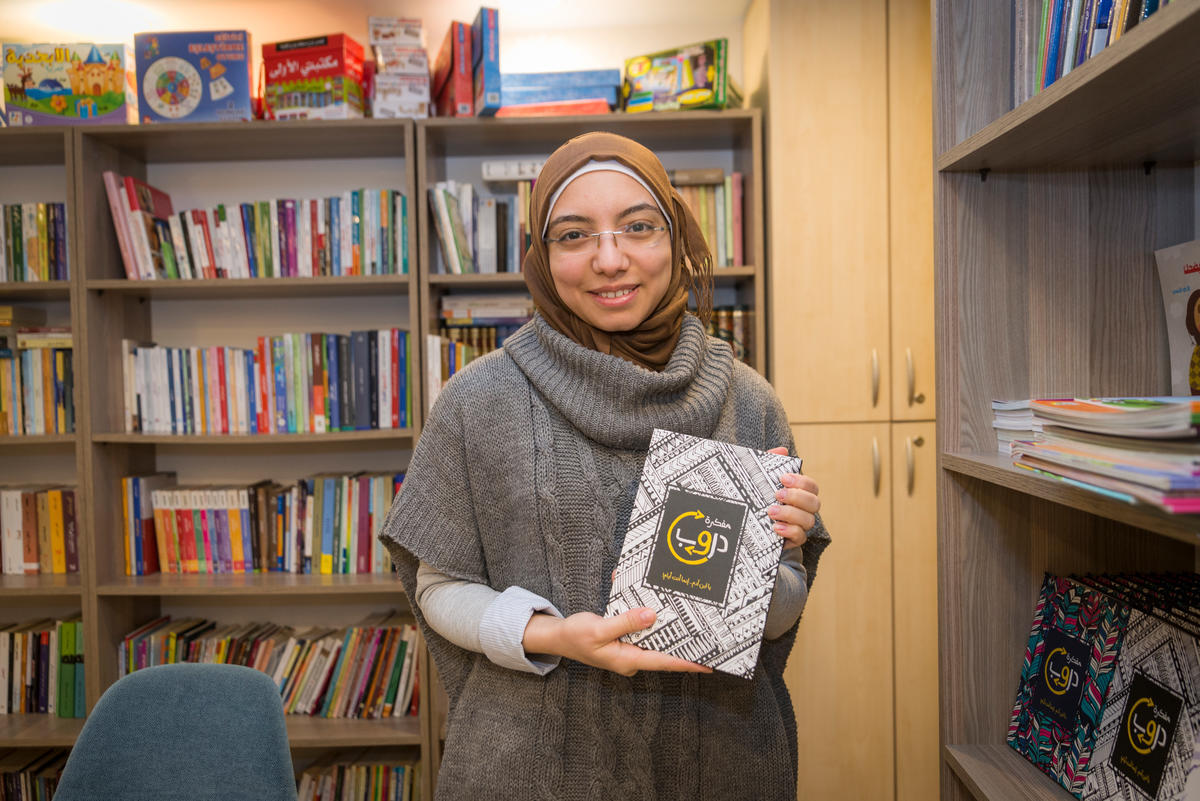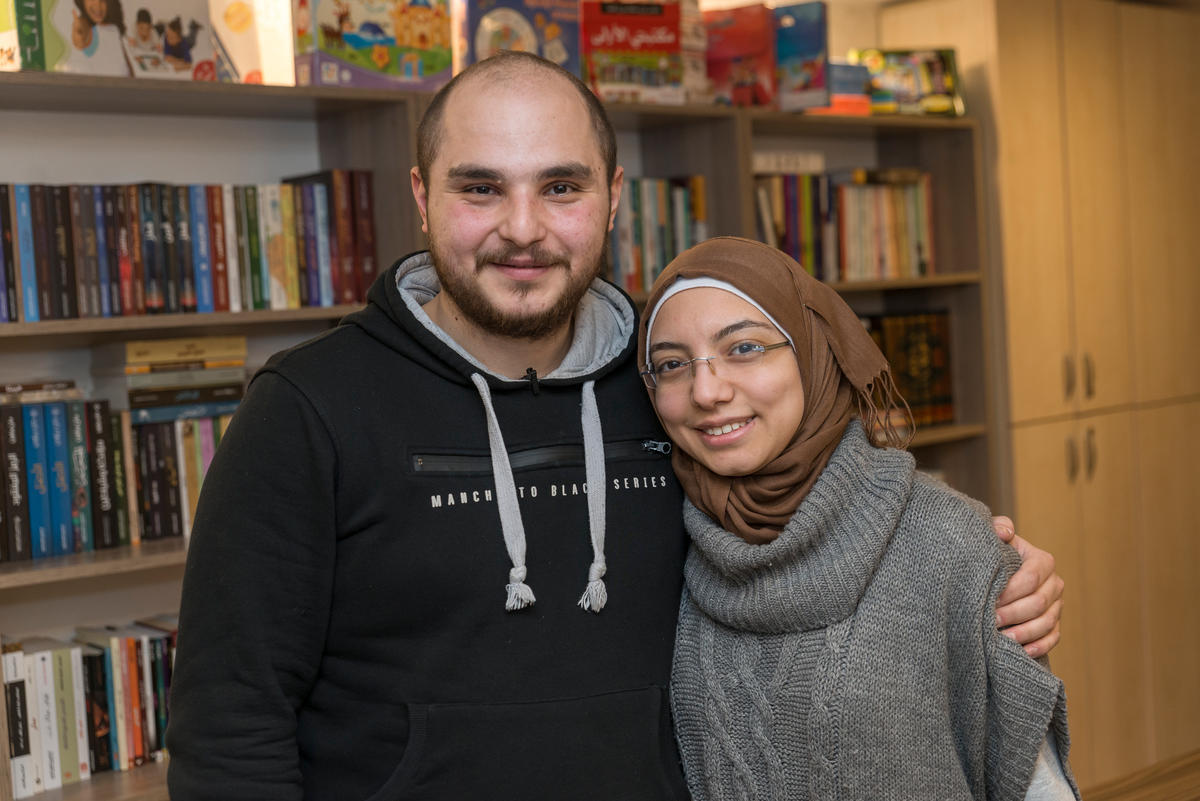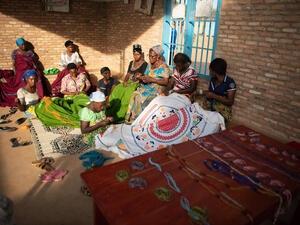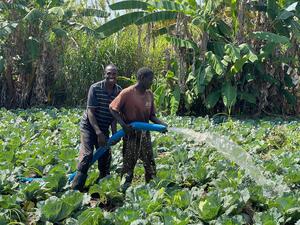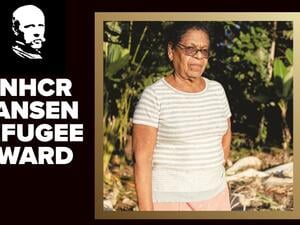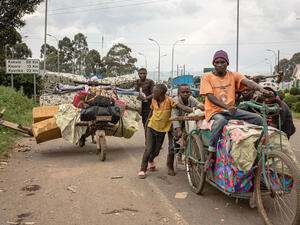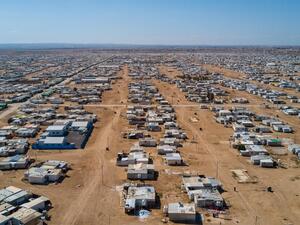Istanbul's Arabic library for bookish Syrians
When Syrian refugee Nada came to Istanbul four years ago, she soon found there was one thing she missed more than any other. “When I arrived, I couldn’t find any Arabic books. I didn’t bring any with me, and it was very expensive to buy them from abroad.”
True to her nature, the young woman who had fled conflict in Syria before striking out on her own in Turkey decided to do something about it. She sourced her first 200 books through donations from abroad and set up her own lending library, initially just for friends.
With their encouragement, she expanded her collection and began lending online to other Syrian refugees. “I have many books – novels, self-improvement, Islamic books, books for children, psychology books and history,” Nada, 25, said. For a small annual fee, refugee families on low incomes could read different books each week throughout the year.
Turkey is currently host to the world’s largest refugee population, including more than 3.5 million Syrians who fled the country’s seven-year conflict. Over 90 per cent of refugees live outside camps in towns, cities and villages across the country, including some half a million Syrians in Istanbul, Turkey’s largest city.
Nada was studying psychology at Homs University when the conflict started. As the security situation worsened, she eventually found refuge in Turkey, arriving alone but determined to continue pursuing her dreams.
“Turkey was perfect for me – it’s modern and open-minded, but I’m still accepted here wearing my hijab,” she explained. “When I came here, doors opened for me. I could study graphic design, start my library project. It was really great.”
"When I came here, doors opened for me. I could study graphic design, start my library project."
It was at a book fair in Istanbul that she also met her business partner and fiancé Mohammad, 27, a fellow Syrian refugee from Damascus who fled to Turkey in 2016 after seven months of imprisonment. “I was very impressed when I heard about the library project, and I was very impressed with her too! I fell in love,” Mohammad said, putting an arm around Nada’s shoulder.
With a background in marketing, he is now responsible for promoting the online library and the latest additions to their expanding business. Last year the couple opened a small bookstore and café in the central Istanbul neighbourhood of Fatih, home to many Syrian refugees.
Their regular customers include a Syrian mother who rents children’s books to fulfil her son’s insatiable appetite for reading, and a middle-aged Syrian man who works six days a week at a nearby garment factory, and likes to spend several hours each Sunday reading novels while slowly sipping his way through several cups of dark, Turkish coffee.
At the end of last year, the business received a start-up grant from UNHCR, the UN Refugee Agency. Nada and Mohammad used the money to buy more books for the library and to publish their first homegrown product – a “creative diary” designed by Nada.
“The publishing side is hard to start with. It needs a lot of money at the beginning,” Nada explained. “The grant was very useful, and it gave us a push. When we published our first product, it was like our child. It is our son actually,” she said with a laugh.
In cooperation with its partners, UNHCR implements livelihood programmes in Turkey, including activities to foster and stimulate refugee entrepreneurship.
Start-up grants and other livelihood initiatives are designed to help refugees establish sustainable sources of income in their host communities, thereby reducing their reliance on aid and enabling them to live more dignified lives during their displacement.
For Nada, she is happy pursuing her ambitions in graphic design and publishing while also earning a living and bringing some brightness to the lives of her fellow refugees.
“Syrian people are well educated people,” she said. “They like to read. In Syria we used to have so many bookstores, and then everything changed. These people moved from Syria and their lives are different here, they have to work long hours. So by doing this project we contribute … they can read.”


